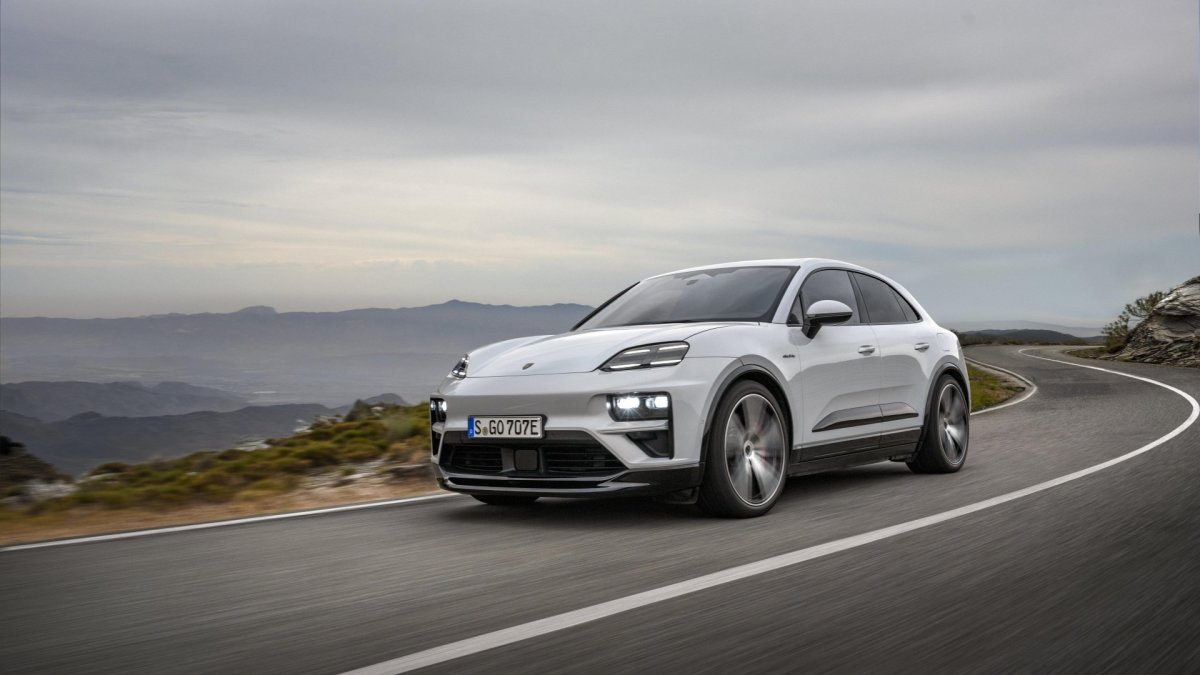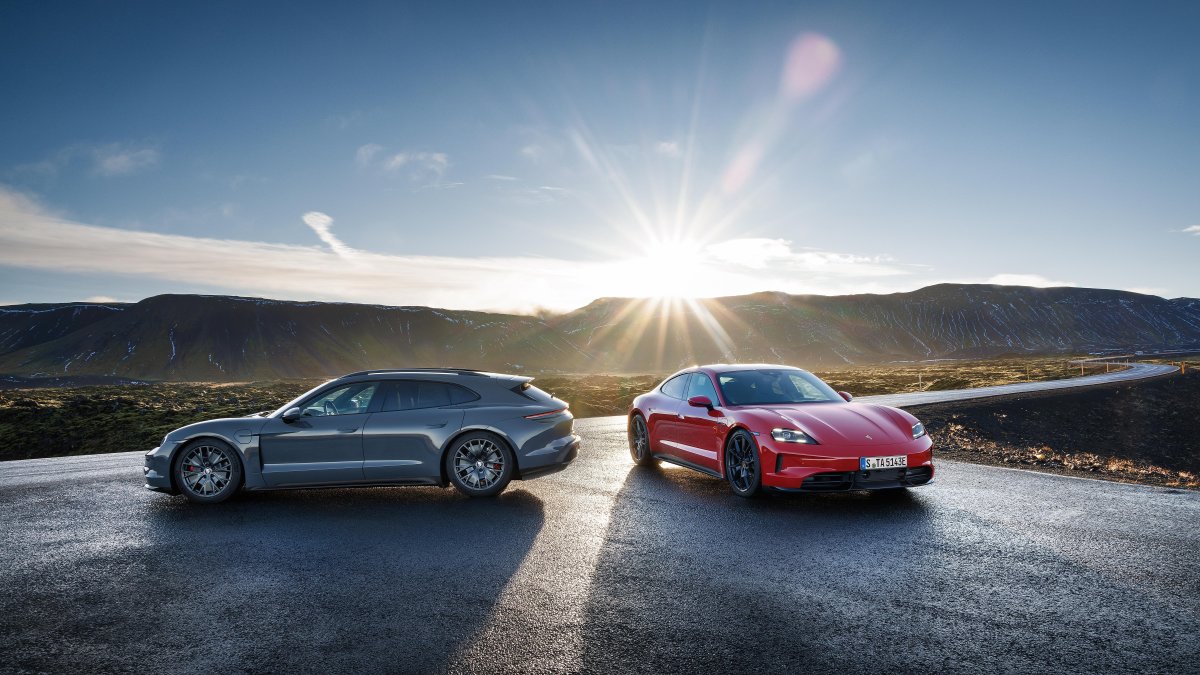Porsche Sales: A World of Highs and Lows

Recently, Porsche made headlines with record sales in North America, largely due to the booming popularity of its SUVs and the fresh release of the all-new electric Macan. Despite this progress, the overall global sales for the German automaker started off rocky in 2025.
The company registered an 8% decrease in global sales in the first quarter compared to last year. The main drag came from China, Porsche’s largest market internationally, where sales plummeted by an astonishing 42% year-over-year. Economic challenges and stiff competition from local electric vehicle (EV) manufacturers have played a part in this decline.
North American Surge

In contrast to global struggles, Porsche saw a phenomenal 37% increase in U.S. sales during the first quarter, marking its most successful quarter ever in North America. Although this can be partly attributed to last year’s shipping setbacks and supply hiccups, Porsche’s momentum in the region is undeniable.
The revamped Macan SUV is a big contributor to this success story. As a longtime favorite, the Macan’s new electric version is catching on quickly. Nearly half of Macans sold in the U.S. were electric vehicles (EVs) this quarter. In fact, EVs and plug-in hybrids now make up almost 25% of Porsche’s total U.S. sales.
The trend extends to pre-owned cars as well, with certified pre-owned sales up 11.7% to 11,587 units. This growth is expected to continue, especially as the brand edges its prices upward amid possible tariff increases.
Global Struggle

While Porsche is on a roll stateside, it’s a different story internationally. The dramatic 42% drop in China is concerning, considering the nation’s significance in Porsche’s growth plans over recent years. This slowdown points to economic obstacles and growing competition from Chinese EV companies.
Back in Europe, Porsche’s own backyard, sales are sluggish as well. Coupled with China’s decline, the global picture for Porsche appears challenging. This kind of uneven performance highlights the difficulties of an uneven EV rollout, whereby some markets are moving full speed ahead with electrification while others hesitate or demand variations in drivetrain options.
Nevertheless, Porsche remains hopeful. Matthias Becker, a leading executive for Porsche’s sales and marketing, affirms the company’s continued commitment to a diverse production strategy including all three propulsion types—combustion, hybrid, and electric—at least into the 2030s.
Driving Experience
As for driving the new electric Macan, it feels like stepping into the future without sacrificing the high performance Porsche enthusiasts expect. Seamless acceleration and responsive handling are part of the package, echoing what makes the 911 a legendary drive. Compared to other electric SUVs, the Macan holds its own by maintaining driving excitement while offering a tangible glimpse of what the electric future holds.
The North American sales surge suggests that Porsche’s strategic product updates and electrification approaches are hitting their marks in some crucial markets. However, the downturn in China must serve as a reality check, not just for Porsche but for any luxury brand heavily invested in EVs as it navigates these turbulent times.
Porsche finds itself in familiar territory—enjoying acclaim domestically in the U.S., grappling with international challenges, and racing to stay ahead in a dynamic industry landscape.
Stellantis Tariff Woes
Road Rage Escalates
Urus Facelift Revamp
Auto Tariffs May Lift
BMW's Sonic Shift